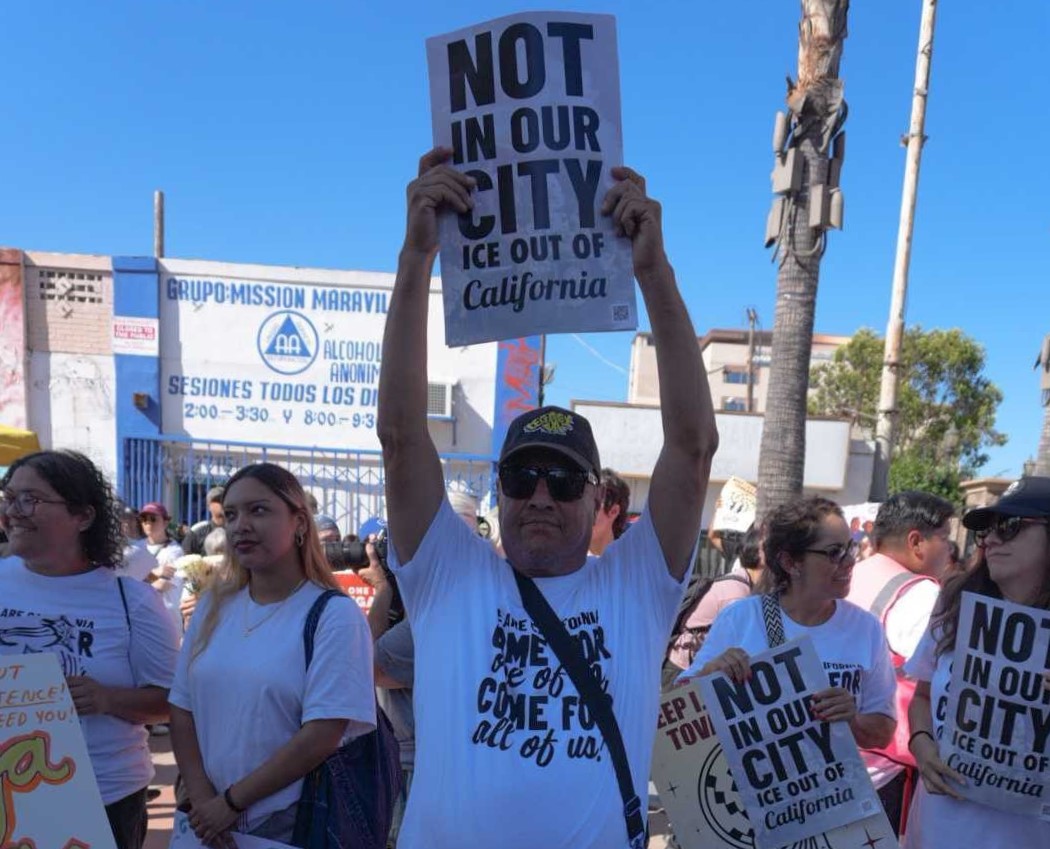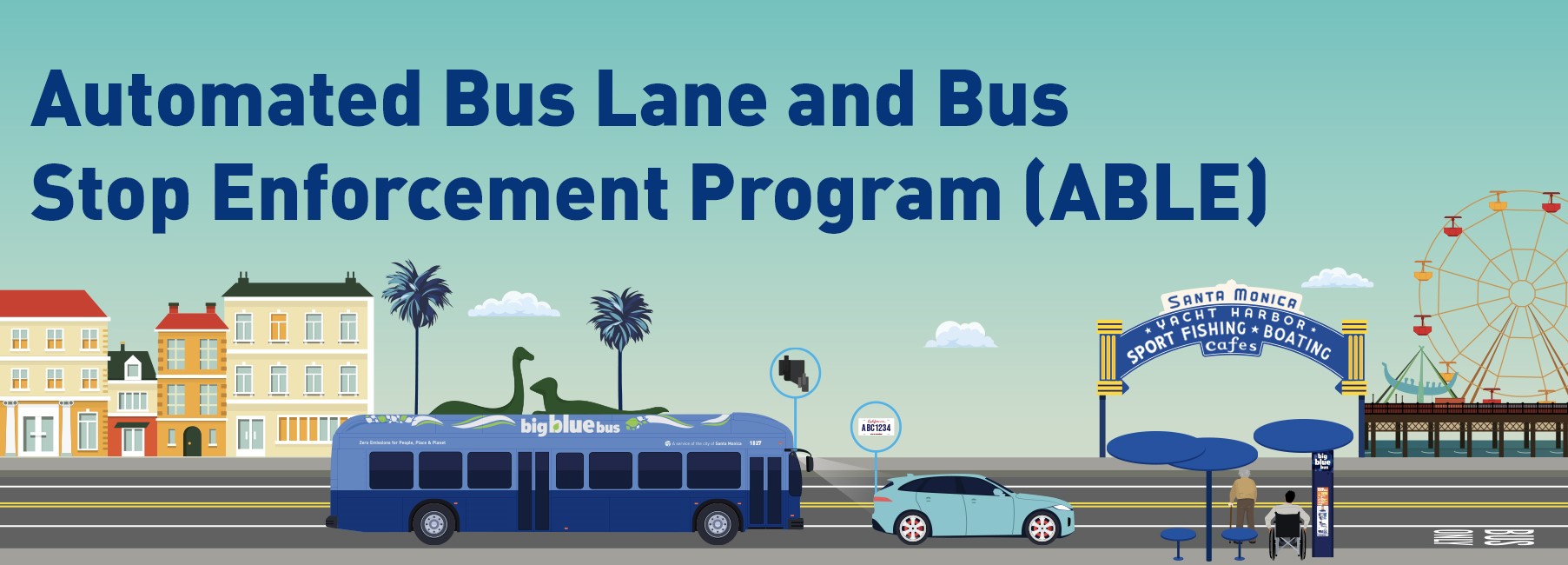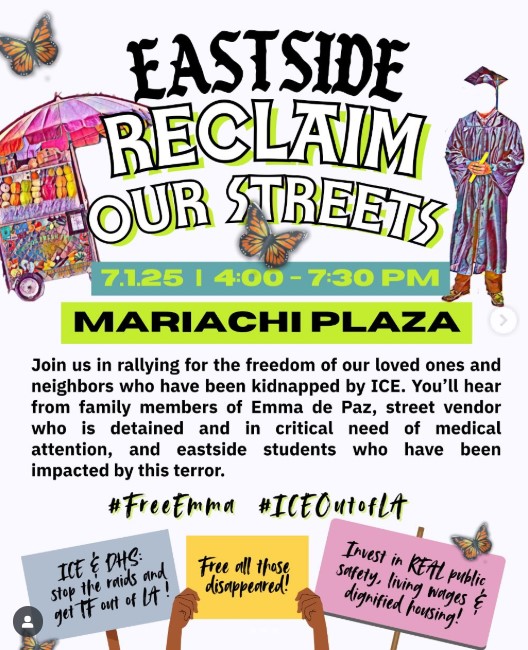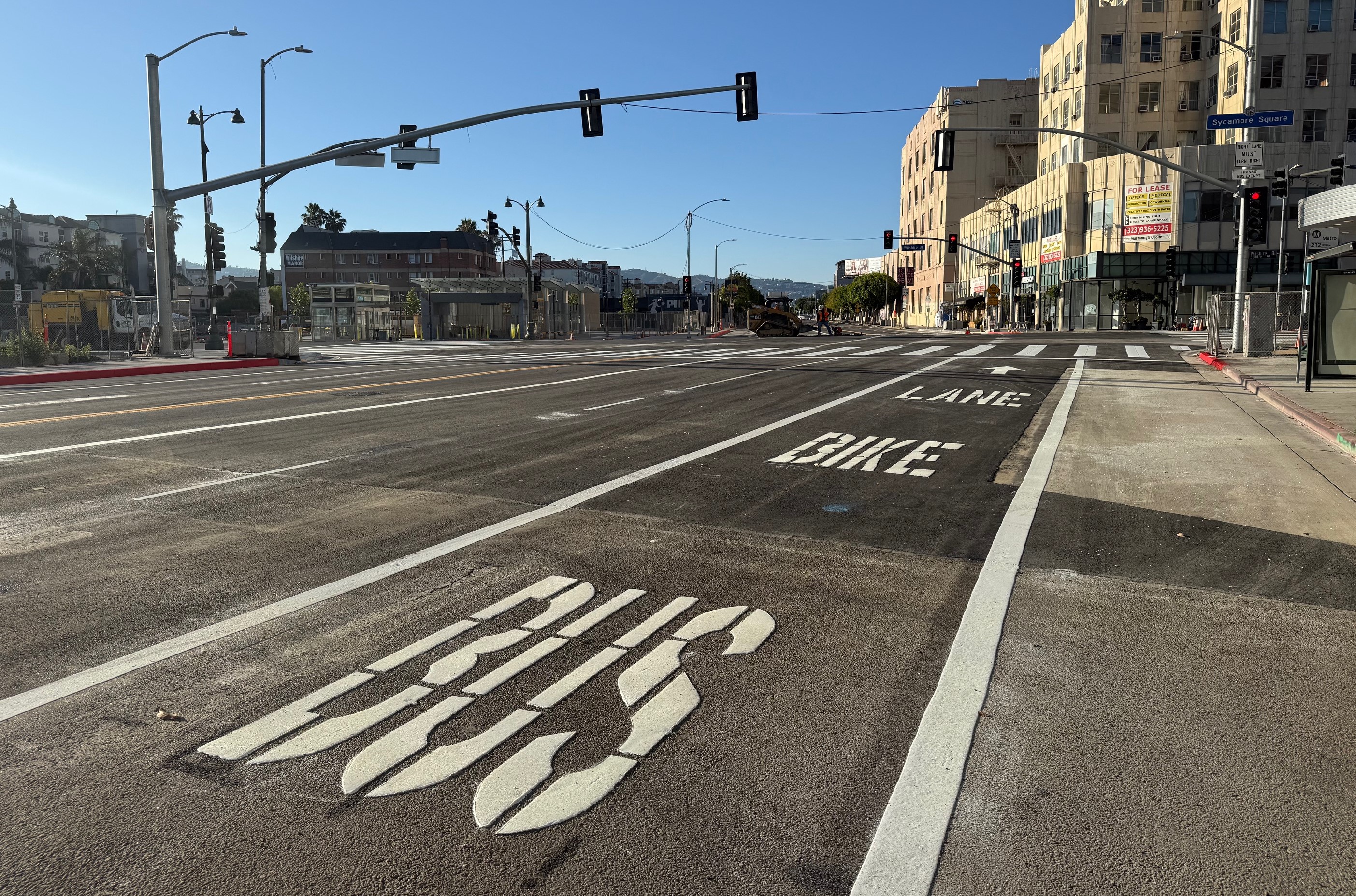For many people who have children and live in the suburbs, being without a car is definitely not a choice. But when a family with kids chooses to go car-free, it's so rare that it tends to inspire curiosity. When a suburban Toronto family decided to ditch its cars, the Toronto Star wrote a full feature.

The Montgomery family in Brampton realized that the mother's salary was consumed by the costs of car ownership and day care. They sold both cars three years ago, and now she stays home and the family of five bikes and uses transit.
Bradley Calvert at Network blog Family Friendly Cities has some experience in this realm. He says that even under less than ideal circumstances, going car-free can have some surprising upsides. And the downsides can be exaggerated, he says:
Fueled by pragmatism and the desire to save time and money the Brampton’s dumped both their cars. Easing into a carless lifestyle they parted with one and then ultimately another as they turned to cycling and transit.
The Brampton’s prove that transportation is truly a flexible item in a family’s budget as long as there is good access to transit and a willingness to be multi-modal. Using transit, cycling, and delivery services, when necessary, the family demonstrates that by putting a little extra thought in how a family moves around they can save a lot of money and time.
This may sound nightmarish to many, and I am regularly questioned about our own automobile usage and how it affects family mobility, but it isn’t. While we have not gone completely car free, we rarely use our one, depending mainly for time constrained trips (which could be avoided with better planning) or trips to areas not served well be transit (something that cities and transit agencies should be working to resolve). Our trips to playgrounds, parks, libraries, grocery stores, and shopping are primarily accomplished by foot, could be done even easier by bike, and are served regularly by transit. And it isn’t nightmarish, it is ideal. Struggles to put our child into the car are rare. She is aware of our community and our neighborhood because she doesn’t see life at 35 mph. Not driving with children doesn’t make our lives harder, it makes it easier and far more rich in experience.
Elsewhere on the Network today: Strong Towns says if Mothers Against Drunk Driving wants to save lives, the group should oppose zoning that allows bars that are only accessible by car. Place Makers goes deep on how to make suburban retrofits work. And Transport Providence explains why bus lanes could be transformative for transit in Rhode Island.






